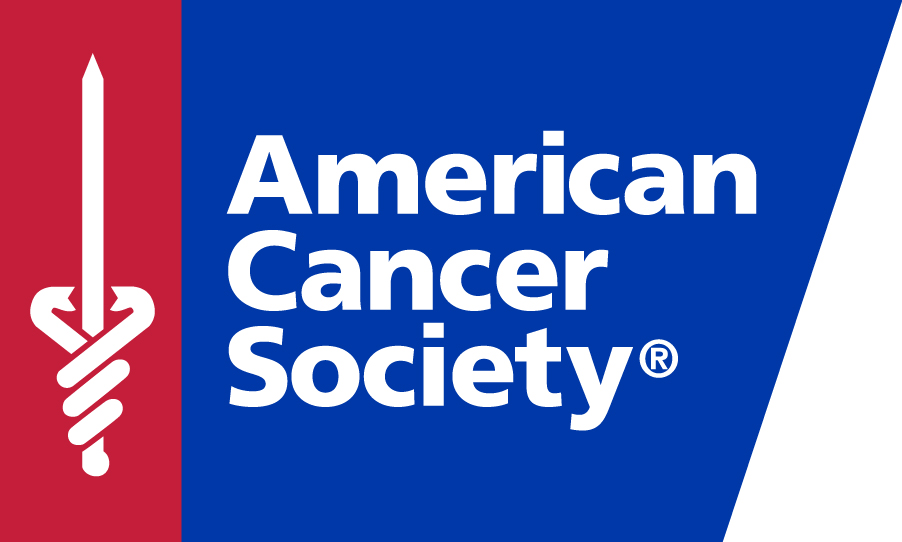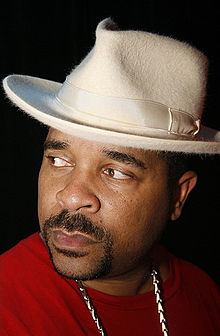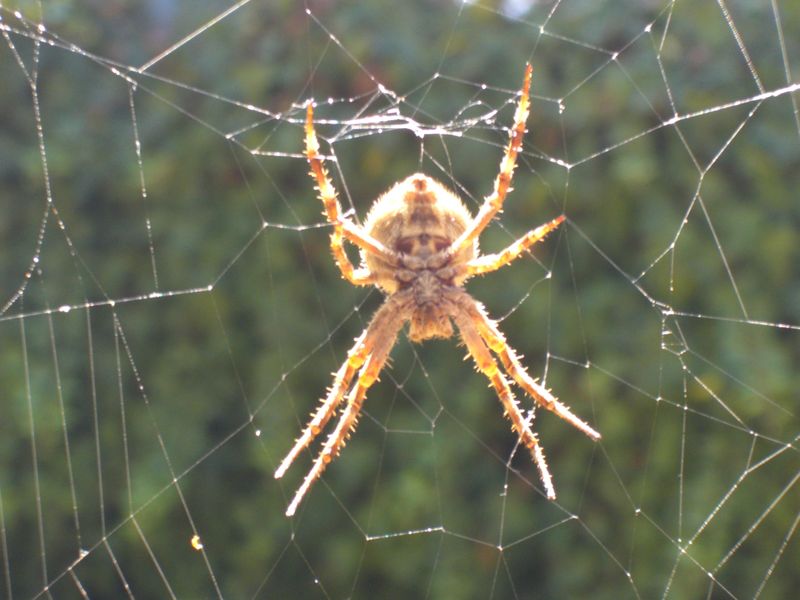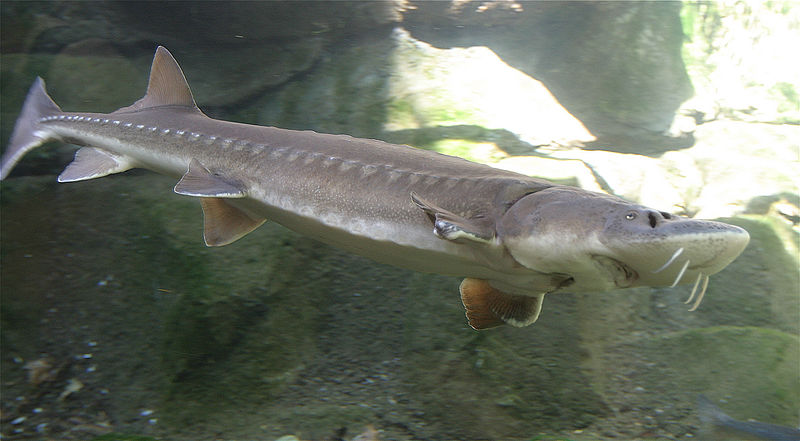The Puget Sound area has been selected as a recruitment spot in a new, long-term research study for the American Cancer Society (ACS), which will require less physical exertion than doing a fun run, and still provides researchers with an abundance of information about cancer risk factors.
The ACS epidemiology research program is coming to the Puget Sound area for a national study that hopes to help researchers better understand the genetic, environmental, and lifestyle factors that can cause—or prevent—types of cancer. Called the Cancer Prevention Study-3 (or CPS-3), the goal is to recruit 2,000 participants in King, Pierce, and Thurston counties, with a nationwide goal of 300,000 participants.
In their press release, the ACS said previous cancer prevention studies played a major role in identifying major factors in cancer risk and prevention; such as cigarette smoking, obesity, air pollution, and diabetes.
“While we take it for granted now, at the time the correlation between smoking and lung cancer really needed to be proven,” says Dr. Mia Gaudet, one of the epidemiologists behind CPS-3.
But the previous study, CPS-II, is aging, and researchers are looking for solutions for a new generation to shed some light on risk factors, and possibly affect public policy.
“We can’t just rely on historical information to understand risk factors to cancer today. It can guide us, but we need to know about what’s changed with new medication, diet, lifestyles, and physical activity habits today,” says Gaudet.
The ACS is looking for men and women aged 30 to 65 who have never been diagnosed with cancer, and will be asked to complete a brief questionnaire, give a waist measurement and small blood sample, and complete follow up surveys every couple of years. Researchers hope to keep up with subjects for the next 20-30 years, but Gaudet says the time requirement is really quite minimal when compared to the wealth of information researchers can gain from long-term studies like this one.
“Cancer touches the lives of millions; most people know a family member or friend who has had cancer. I have a young daughter, and I don’t want her to have to go through [that],” says Gaudet. “I am a participant in CPS-3, so that our future generations don’t have to hear the words ‘you have cancer.’”
Researchers will be in various Puget Sound locations from August 20-24. More information can be found here.








